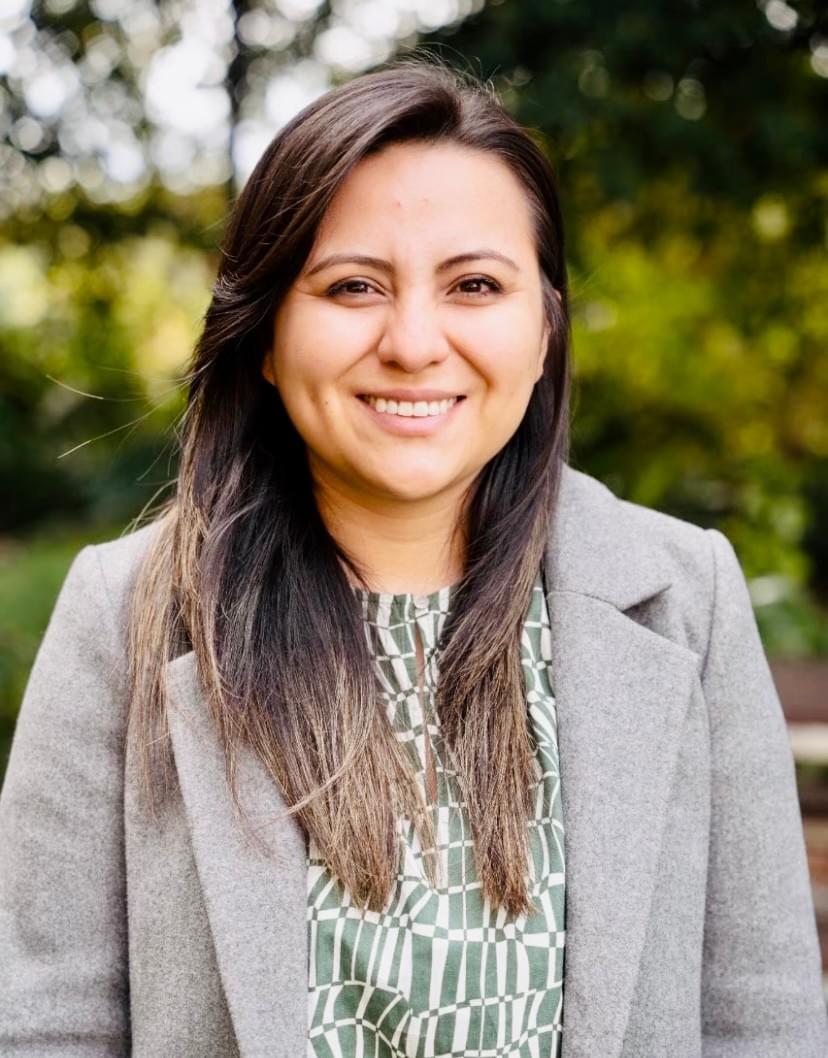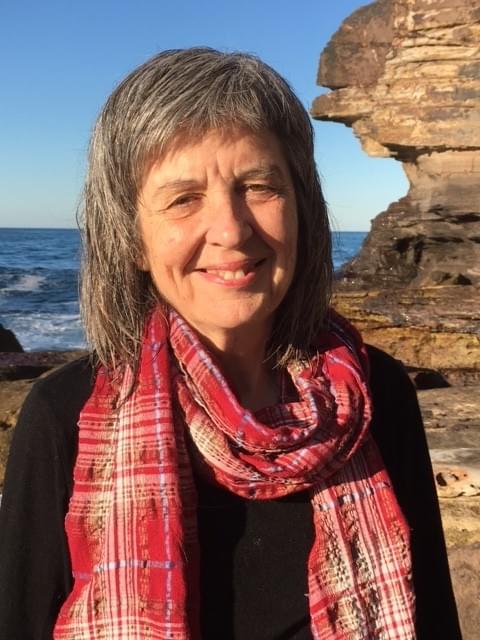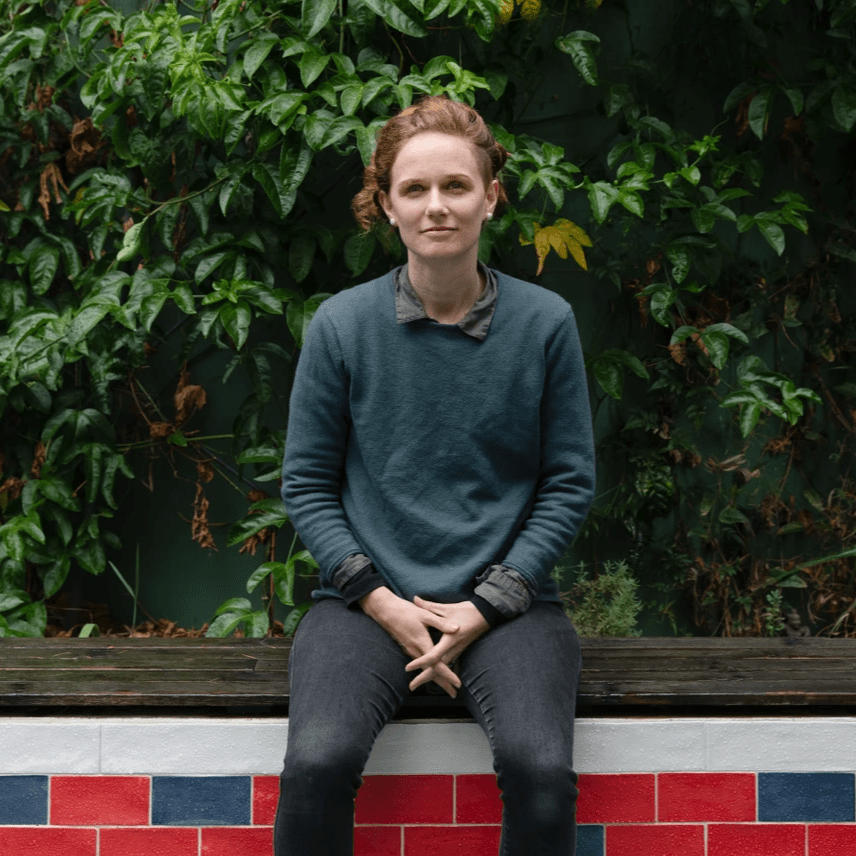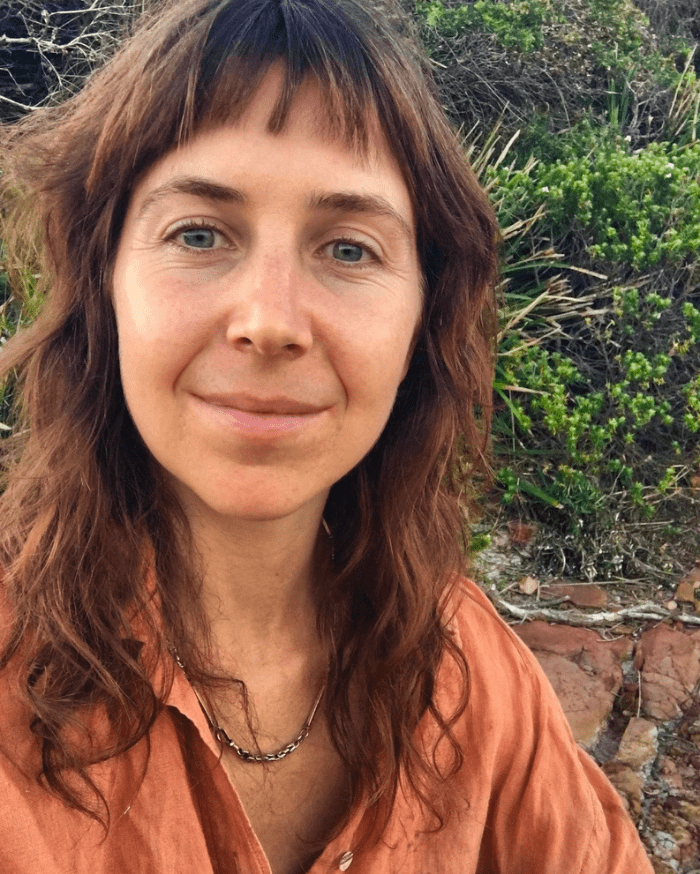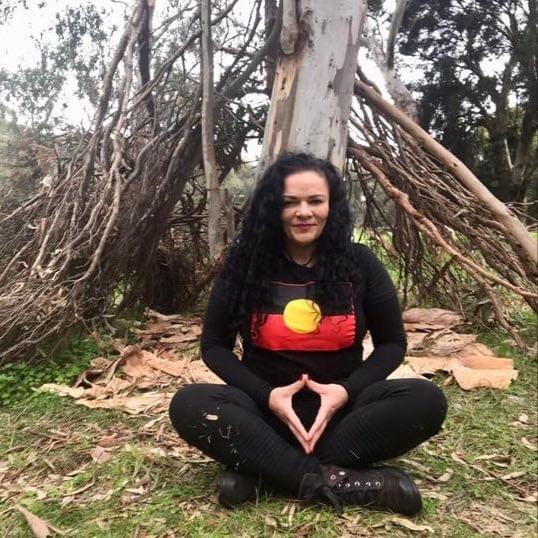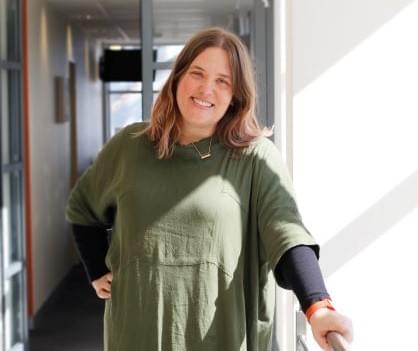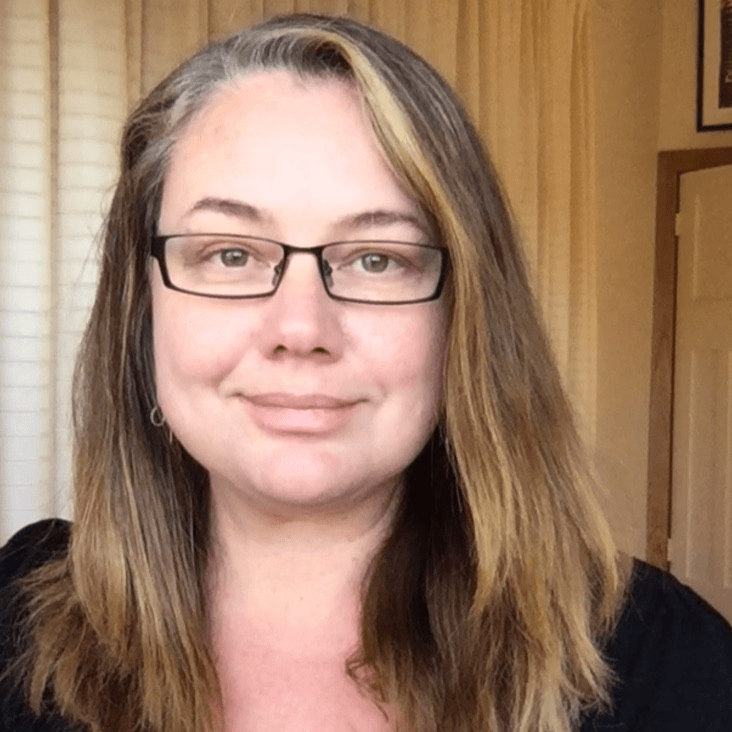



ECOLOGICAL EMOTIONS RESEARCH LAB



ECOLOGICAL EMOTIONS RESEARCH LAB

Climate Distress, Art and Open Dialogue: A Community of Practice
We have come together to explore how open dialogue, deep listening, circles and other dialogical forms, as well as arts-based practices may be developed, scaled and deployed in community settings to respond effectively and with care to the climate distress and anxiety already in our midst.

Maria Cardoso
Maria works in public policy (social and environmental planning, advocacy and research) at Relationships Australia NSW, and until recently held a position at the Sydney Environment Institute at the University of Sydney. With a background in law, cultural studies and public policy, she is very much driven by the idea of imagining and implementing different and better ways of living. Her main interests are community action and engagement, as well as social and environmental justice.

Barbara Doran
Barbara has over 25 years experience in working in the realms of collective well-being including public health, urban and regional planning, health psychology and the arts. She is an experienced speaker, mentor, educator, project innovator and artist, focussed on knowledge translation and social impact and bringing arts-based approaches into collaborative research and practice. She has exhibited artwork nationally and internationally and been involved in numerous film productions, performances, cultural events and community organisations. She is the Director of the Creative Intelligence and Strategic Innovation Program at the Transdisciplinary School, University of Technology. She seeks to bridge gaps between what we know and what we do through amplifying supportive social capital, healthy built environments, mental health and the arts of storytelling.

James Dunk
Dr James Dunk is Research Fellow in the School of Social and Political Sciences at the University of Sydney, and planetary mental health lead, on the ARC Discovery Project Planetary Health Histories: Developing Concepts. A historian and interdisciplinary researcher, his research, teaching and writing explores how health, medicine and psychology are changing in the face of planetary crises. His research on planetary health, mental health and ecological distress has been published in The New England Journal of Medicine, Sustainability, History of Psychology, Australian Psychologist and Rethinking History, and his literary reviews and essays appear in Griffith Review, Australian Book Review, and other magazines.

Catherine Falco
Catherine is a psychologist and family therapiston Bundjalung Country in Murwillumbah, New South Wales. Her clinical background is in child and adolescent mental health and my desire to work with the broader family system drew me to systemic family therapy. Her appreciation for systems theory and its application in therapy, combined with being part of a community directly impacted by successive disasters, led her to commence a research PhD in climate emotions. Her project is entitled Adapting psychology for ecological emotions throughthe integration of ecopsychology, systemic thinking and family therapy principles and practice.

Sally Gillespie
Dr Sally Gillespie is a writer, facilitator, lecturer and public speaker with a background in depth psychology, climate psychology and ecopsychology. Her book, Climate Crisis and Consciousness: Reimagining our World and Ourselves (Routledge 2020), explores the psychological experience of engaging with climate change and related ecological concerns. Sally is facilitator with Psychology for a Safe Climate and a member of the Editorial Team for Explorations, the Journal of the Climate Psychology Alliance (UK). She lives gratefully on Gadigal and Wangal country.
Substack | LinkedIn | Academia
Beth Hill
Dr Beth Hill is Program Coordinator at Psychology for a Safe Climate. She has a PhD in Anthropology researching the cultural and psychological dimensions of climate change, in particular how communities come to terms with what climate change means in their daily lives. Beth trained with Joanna Macy in the Work that Reconnects. She facilitates workshops drawing on this approach, as well deep ecology, mindfulness and creative processes involving art and writing.

Margarete Horstmann
Margarete, a provisional psychologist pursuing a Master of Clinical Psychology, is committed to improving the mental well-being of young people. Currently on placement at headspace, she hopes to empower youth to actively engage in decisions about their mental health and recovery journey. Margarete is part of a collaborative research project focused on understanding young people’s climate distress. Guided by principles of youth participatory action research, this project champions open dialogue as a means to explore the emotional impact of climate issues. This work is founded on the understanding that distress is inherently relational and strives to unravel the intricate social aspects of this distress.

Georgie Igoe
Georgie is a visual artist and Relational Gestalt Therapist living lightly and respectfully on beautiful and stolen Dharawal land. She is passionate about the relational experience and the healing that can occur within connection. Core to her therapeutic approach is the awareness of our interdependence with the natural world, our embodied experience and belief that we are inherently creative. She believes these approaches deeply support the change and healing process. She has had 8 years experience working with intergenerational trauma and healing in Mparntwe and Naarm, specialising in grief, adolescence, birth and motherhood, trauma and intergenerational healing. She is a Facilitator and Curriculum Weaver with We Al-li.

Paul Rhodes
Paul is a Professor of Clinical Psychology specialising in research on ecological emotions and post-human research methods. His work explores psychoterratic paradigms of theory and practice in psychology, including community-based open dialogue, arts-based collaborations and youth-led initiatives. He uses place-based methods, such as psychogeography, affect mapping, collective ethnographies and poetry and bricollage. Paul also has a wider set of interests in psychology, including decolonising clinical psychology, co-design of research and curriculum with consumer/ex-patient/survivors of the mental health system, cultural psychology and others. Paul is also an established artist with shows having includes 4-Equilibrium at Rex-Livingston, Tipping Points at The Braemar Gallery and Fallen Angels at Mothership Studios.

Jem Stone
Working in the wellness industry for over twenty years, Jem is a Wayapa Wuurrk Practitioner and Trainer, Rebirthing Breathwork Therapist and Educator, creates and facilitates workshops to various audiences, from the corporate arena to pre-school aged children. Jem is trained in Yoga, We-Al-Li Culturally Informed Trauma Therapy, Dadirri, Meditation, as well as Counselling and Sound Healing, which combined her love of Mother Nature and Sound, creating much of her music from field recordings on Country. Jem has seen first-hand the profound healing benefits of these modalities whilst immersed in Nature and has had some collaboration with Forest Therapy Victoria. She has been gratefully living on Wurundjeri Country since 2011.

Priya Vaughan
Dr Priya Vaughan is a postdoctoral fellow at Black Dog Institute (UNSW) and at the Knowledge Translation Framework at Maridulu Budyari Gumal SPHERE. Priya takes an interdisciplinary, and collaborative approach to health research, utilising arts-based and participatory methodologies and knowledge translation (KT) strategies to learn about, and support, mental health and wellbeing. Priya’s current projects include Care is a Relationship which explores interpersonal, self, and planetary care in the context of the climate crisis.

Chloe Watfern
Dr Chloe Watfern is Postdoctoral Research Fellow at the Ecological Emotions Research Lab, Communications and Policy Postdoctoral Fellow at the Black Dog Institute, and Research Associate of the Knowledge Translation Strategic Platform of Maridulu Budyari Gumal SPHERE (Sydney Partnership for Health, Education, Research and Enterprise). As a transdisciplinary researcher and artist, she is passionate about using inclusive and arts-based methods that involve meaningful collaboration with communities. She presents, publishes, and leads creative workshops about the connections between climate change and mental health.

Kylie Willows
Kylie Willows is a current Masters of Clinical Psychology candidate at the University of Sydney. Her master's research thesis is a qualitative investigation into the emotional, social and behavioural impact on those who have decided not to have children due to their concerns about climate change. Kylie’s psychology honours thesis investigated the “Greta Thunberg Effect” on collective action intentions in the Australian context. It investigated the predictors (e.g., climate change risk perceptions, eco-anger, and belief in the effectiveness of collective action) of people's engagement with collective actions on climate change. Outside of university, Kylie enjoys reading, cooking, bushwalking and yoga.

Christie Wilson
Christie is a psychotherapist (MGT), climate activist, and facilitator working therapeutically with people at the front line of the climate emergency. She offers individual therapy (somatic and trauma-informed) and develops and facilitates workshops to explore the cultural and psychological experience of engaging with climate change and related ecological issues. Christie is a clinical member of the Psychotherapy and Counselling Federation of Australia, Psychology for a Safe Climate, Climate Psychology Alliance, Climate Wellbeing Network, and Fellow of the Australian Traditional Medicine Society.
We pay our respects to all Aboriginal and Torres Strait Islander people, and to their Elders past and present.
We are grateful for the leadership of Indigenous scholars and researchers in the climate movement.
Sovereignty has never been ceded. There is no climate justice without First Nations justice.
Created by James Dunk with Strikingly.com
